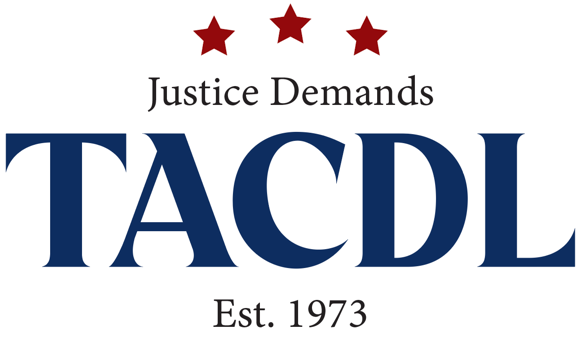Theft of Merchandise (Shoplifting)
Request a ConsultationNashville Shoplifting Lawyer
Criminal Defense in Davidson and Wilson County
What is Shoplifting / Theft of Merchandise?
In Tennessee, shoplifting is classified as a form of “theft of property,” which involves unlawfully taking someone else’s property with the intent to deprive the rightful owner of its use or benefit. When the stolen property is merchandise from a retail store, it is specifically referred to as “theft of merchandise” or shoplifting.
Shoplifting occurs when a person intentionally deprives a merchant of the sale price of merchandise. This can involve various actions, including:
- Concealing merchandise.
- Removing or taking possession of merchandise.
- Altering or removing price markings.
- Transferring merchandise between containers.
- Manipulating a cash register to show a lower price.
- Tampering with anti-shoplifting devices.
- Using devices to facilitate theft.
It’s important to note that the state does not need to prove that you left the store with the merchandise to establish guilt.
Penalties for Shoplifting
- The possible penalty for a theft of merchandise conviction depends on the value of the stolen goods:
- Theft of $1,000 or less is classified as a Class A misdemeanor and can result in up to 11 months and 29 days in jail, along with fines.
- Theft between $1,000 and $2,500 is a Class E felony, punishable by 1 to 6 years in prison.
- Theft over $2,500 results in more serious felony charges, with increasing penalties.
Penalties for Repeat Offenders
If you have five or more theft convictions within a two-year period, your offense will be classified one level higher than usual, and you will face a fine ranging from $300 to the maximum allowed for the respective offense classification.
Furthermore, the “recidivist misdemeanant” law that went into effect on July 1, 2024, can mean that your misdemeanor shoplifting becomes a felony charge if you have five previous misdemeanor convictions (even if those convictions are not for shoplifting). This new law makes it even more critical to have an experienced Nashville shoplifting lawyer to defend against these charges and minimize the impact of any prior convictions.
Restitution and Compensation
In many cases, defendants may be required to pay restitution. If the victim (the store) does not recover the stolen property in its original, saleable condition, the court may order the defendant to compensate for its value, in addition to any other penalties imposed by the court.
Stay-Away Orders in Shoplifting Cases
If convicted of shoplifting in Tennessee, the court will likely impose a stay-away order as part of the sentence. This prohibits the defendant from entering the store where the theft occurred or any other properties owned by the same company. This order remains in effect even if the conviction is resolved through a plea deal or alternative sentencing.
Consequences of Violating a Stay-Away Order Violating a stay-away order can lead to additional criminal charges, including:
- Criminal Trespass – If you enter a store from which you’re barred, you may face separate charges for trespassing (§ 39-14-405), punishable by fines and possible jail time
- Burglary – Re-entering a store with the intent to commit another theft or any felony can elevate the charges to burglary (§ 39-14-402), a much more severe offense with felony penalties.
Do I need a lawyer if I am charged with shoplifting?
Yes. Shoplifting charges in Tennessee, whether misdemeanors or felonies, can have long-lasting consequences. A conviction can result in jail time, fines, a criminal record, and difficulties in finding employment. Store security personnel often pursue these cases aggressively.
Your Nashville criminal defense lawyer can:
- Challenge evidence — Surveillance footage, witness testimony, and the store’s records may not be as airtight as they appear.
- Negotiate plea deals — In some cases, it may be possible to reduce the charges or avoid jail time through plea negotiations or alternative sentencing, such as probation or diversion programs.
- Protect your rights — Legal representation ensures that you are treated fairly throughout the process and that any violations of your rights are properly addressed.
Contact your Nashville Shoplifting Lawyer
Don’t face criminal charges alone. Criminal defense lawyer Carla Grebert has experience in Tennessee’s theft laws and will advocate for your best possible outcome. Contact her today to schedule a consultation.










